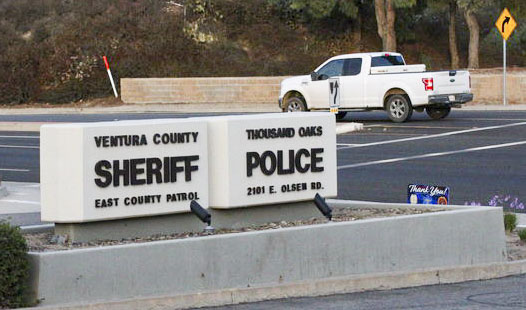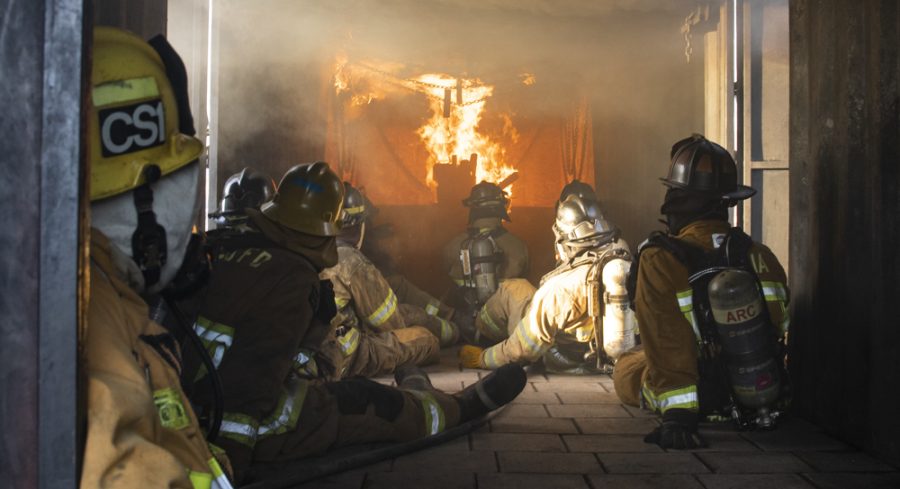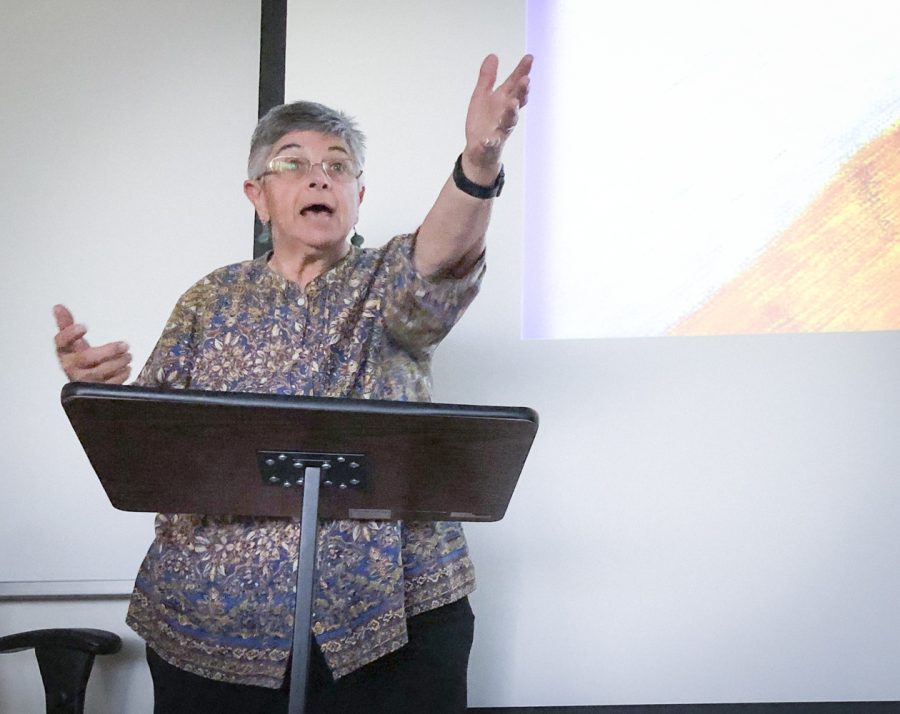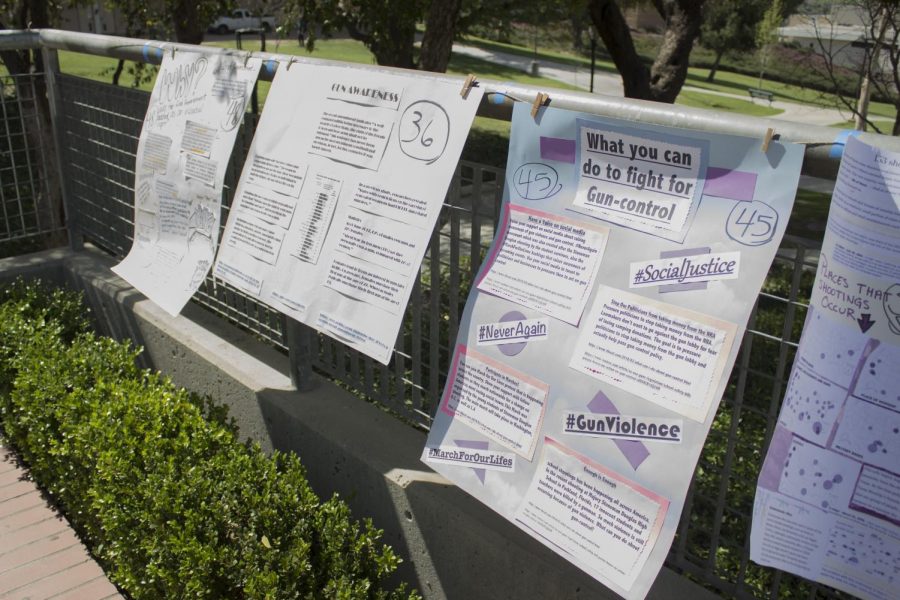President Bush’s 2007 budget request includes $15 million for random student drug testing in high schools across the country. The program will be promoted today when officials from the White House Office of National Drug Control Policy host a pro-drug testing summit in San Diego.
As the “War on Drugs” becomes more hysterical, random drug testing is not the answer to prevent student drug use. A Supreme Court ruling in 2002 gave public schools the right to test students in competitive extracurricular activities, given parents’ consent, according to an article written in May of last year by Sara B. Miller, reporter for “The Christian Science Monitor.” But random drug tests performed on any student at any time may become more popular as the Bush administration pushes forward in its quest.
Implementing a program like that means that government funds for schools will be wasted on ineffective intimidation tactics that deprive students of their right to privacy. These funds could be better spent on after-school programs that are proven to reduce student drug use, according to a press release written by the campaign director of Students for Sensible Drug Policy, Tom Angell.
Now, just because I am against nationwide drug testing on students does not mean that I am for drug use. I’m not. As a dedicated college student, I know how important education is and I’m not about to support illegal drug use by anyone, for anyone, especially those in the student body; however, I am realistic. Drugs are out there and they present a problem.
Still, expensive, ineffective nationwide drug tests do not deter students from using drugs. A 2003 study drew data from 76,000 students across the United States and found that drug testing is unsuccessful in preventing drug use among high school students. The study was published in the May 2003 issue of the Journal of the School of Health, titled “Relationship Between Drug Use and School Drug-testing Policies.”
Drug testing is not nearly enough to thwart drug use, because there are many ways to pass urine tests, even for students who are using; and those students will do whatever they can to pass these tests without suspending their drug use.
Schools would need to have a specific punishment for students caught using drugs, and specific rewards for those who test negative for drug use. We need a program that encourages students to focus on school and motivates them to decide not to use drugs. Scare tactics never work, and random testing is merely a way to scare students who may or may not be using drugs.
The $15 million would be better spent on keeping effective student programs open, such as music programs, performing arts programs, etc. In my opinion, programs like these will keep students occupied and motivated to succeed, which will in turn lower the use of drugs.
How does this affect college students? Well, this policy may bleed into the community college system. It may be only a matter of time before drug testing will be implemented in community colleges across the country, creating a society of growing distrust, and may even deter students from attending institutes of higher learning.






